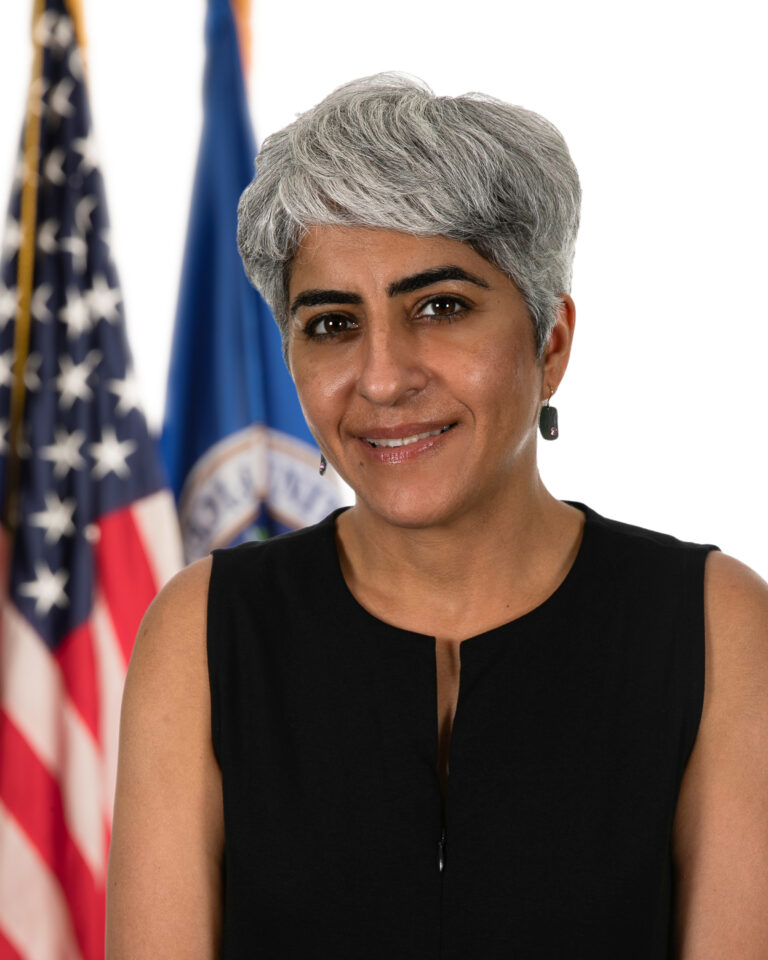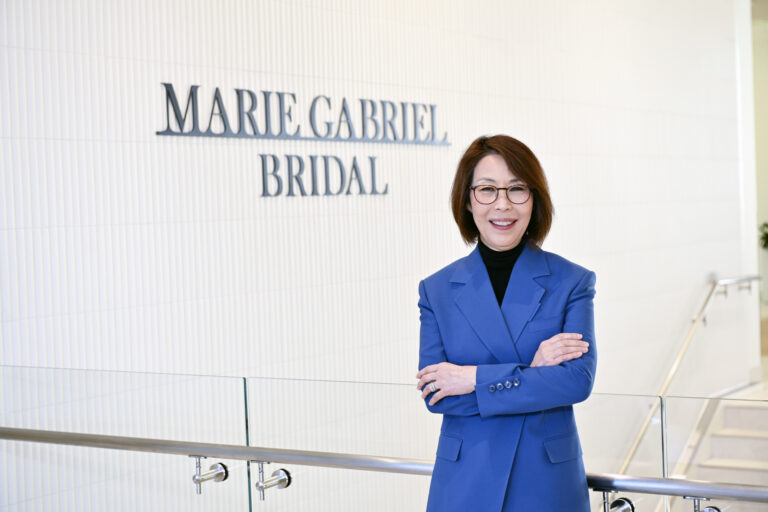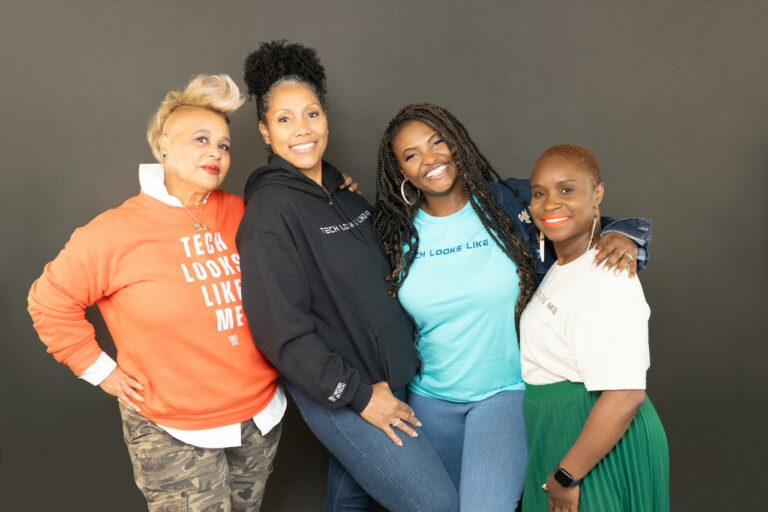1.) What inspired you to pursue a leadership role in this industry, and how do you see your position impacting the broader narrative of Black leadership in Indianapolis?
The inspiration to lead came from the guidance and support of mentors, coworkers, directors, friends, and family that fueled my confidence to forge ahead.
While I was already engaged in the work, having individuals who truly recognized my
potential played a pivotal role in empowering me to acknowledge my own value.
This, in turn, enabled me to shape a clear vision for both my life and career.
I encourage those contemplating leadership roles in Indianapolis to thoughtfully
assess their careers and reinvest in themselves. While ascension is attainable, the
onus lies on each individual to make the decision to persevere and undertake the
necessary efforts to lead and instigate meaningful change.
- Could you share some of the challenges you’ve faced as a Black CEO in this city and how you’ve navigated them?
Our communities have grappled with numerous disparities, making it tempting to
adopt a pessimistic outlook and turn inward to those seeking to enhance conditions
in Indianapolis and beyond. One promising avenue I’ve discovered is uniting
stakeholders to collaborate on solutions and initiatives that can bring about
improvement. Going solo isn’t a viable strategy; that’s why embracing our
communities remains the only effective approach to tackling the challenges we
face day in and out. - What strategies have been effective in overcoming obstacles?
Breathe, do not be in a rush to solve everything all at once. Investigate, and pull your
team together to see what the root cause of the issue is. Next, implement a strategy
that will correct the issue. - How important do you feel mentorship and community engagement are for aspiring
Black leaders?
Mentorship and community engagement are indispensable. Success is not a
solitary journey. A mentor provides a crucial sounding board for ideas and
decisions, fostering both personal growth and exposure. Similarly, community
engagement offers valuable insights into the challenges faced by your community
and sheds light on initiatives that prove effective. - Have you been involved in any initiatives, organizations or groups aimed at fostering leadership among young Black and non-Black professionals?
Throughout my time at Ivy Tech, I had the privilege of serving as an advisor for the
Brother2Brother program. Brother 2 Brother (B2B) stands as a nationally acclaimed
organization with a dynamic mission focused on empowering African American and
Latinx men of color to excel across academic, social, cultural, and professional
dimensions.
Having recognized the importance of leadership from an early stage, I felt fortunate
to be a part of this program. It provided a platform to inspire young men of color,
encouraging them to recognize the value of their journey and instilling in them the
belief that they are worthy of growth and leadership. - Can you highlight any specific initiatives from your leadership that have had a
positive impact on minority communities?
I’ve actively participated in numerous initiatives that have made positive
contributions to our community. Currently, Step-Up, Inc. is gearing up to launch our
syringe services program, which will employ harm reduction strategies to support
active users struggling with drug addiction. Our comprehensive approach involves
integrating case management resources for holistic support, with a particular focus
on connecting individuals ready for recovery into appropriate care.
Additionally, Step-Up, Inc. is thrilled to relaunch our NO ENTRY program. This
initiative collaborates directly with schools, leveraging research, best practices,
and the agency’s expertise in reentry services in Central Indiana. NO ENTRY seeks
to disrupt the school-to-prison pipeline, addressing the established link between
school discipline as a student and subsequent incarceration as an adult through
proactive intervention. Simply put, NO ENTRY redirects futures that might otherwise
seem destined for incarceration by illuminating a new path toward success. - As a Black CEO, what advice would you give to other aspiring Black professionals
who aspire to reach leadership positions, especially in a city like Indianapolis?Listen actively and embrace constructive criticism. As a leader, it’s crucial to prioritize the greater good of your organization and its employees over your ego. Proactively nurture and leverage your professional network. Remain receptive to connecting with leaders both within and outside your industry. Lastly, dedicate time and resources to invest in your staff. When you prioritize your team’s development, they, in turn, will invest in your collective
success. - What lessons have you learned along the way that you believe are crucial for future leaders? Look at your current performance and have an honest conversation with
yourself to see what you can do to improve and excel. Get under good leadership that allows you to cultivate your platform and your individual voice. Never stop learning and be okay with not knowing everything. Listen to those around you and do not take everything personally. Growth hurts at times, so be ready to stretch. Invest in education and job opportunities that manage teams. You cannot be a good leader if you have no experience with cultivating and fostering healthy teams. Join a board! There are a lot of organizing looking for board members. This allows you insight into how businesses are run and allows you an opportunity to have your voice heard.





















